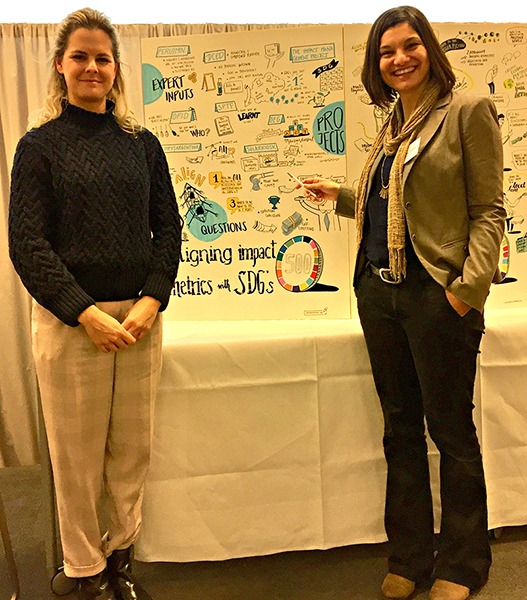
There has been a lot of talk about impact in recent years, particularly in the impact investment crowd and within social enterprise circles, i.e. the investees. But on what basis can investors or businesses really claim to be impactful and when is this merely an assumption and/or an aspiration?
At SOLARKIOSK, we feel that the concept of impact needs to be clearly defined, rigorously backed up by data, and certainly not confused with or mistaken for terms like output or outcomes.
This is why we have built a small but dedicated internal task force to try and tackle some of the grey zones surrounding impact and find answers to these questions that are so pertinent to SOLARKIOSK’s mission. Not only do we want to translate exactly what impact (as well as output and outcome) means in the context of our work, but we also want to tie our socio-economic, environmental, and governance goals to measurable indicators that we can track and improve on over time.
As part of this exciting and quite frankly, also challenging undertaking, Yasmin and Pia attended a conference in Berlin last week entitled Role of Impact Management in Financing Small and Growing Businesses in Developing and Emerging Markets, which was hosted by the Federal Ministry for Economic Cooperation and Development. One of the poignant questions being discussed was how impact investors and fund managers can devise credible and consistent reporting standards for their portfolios without overwhelming social enterprises, particularly those who have to measure and manage different impact (and financial) metrics for different investors.

Our take-away from the conference was that when it comes to impact, if you don’t measure it, it doesn’t count. As a company, we have impact in our DNA and the assumption that our work is improving the lives of hundreds (if not thousands) of people living in remote communities across Sub-Saharan Africa is a huge motivation and reason for each of us to come to work each day! However, in order to back up this claim and prove that our work as a social enterprise is holistically impactful, we need to step up to the plate and become forerunners in putting our metrics where our mouth is.

